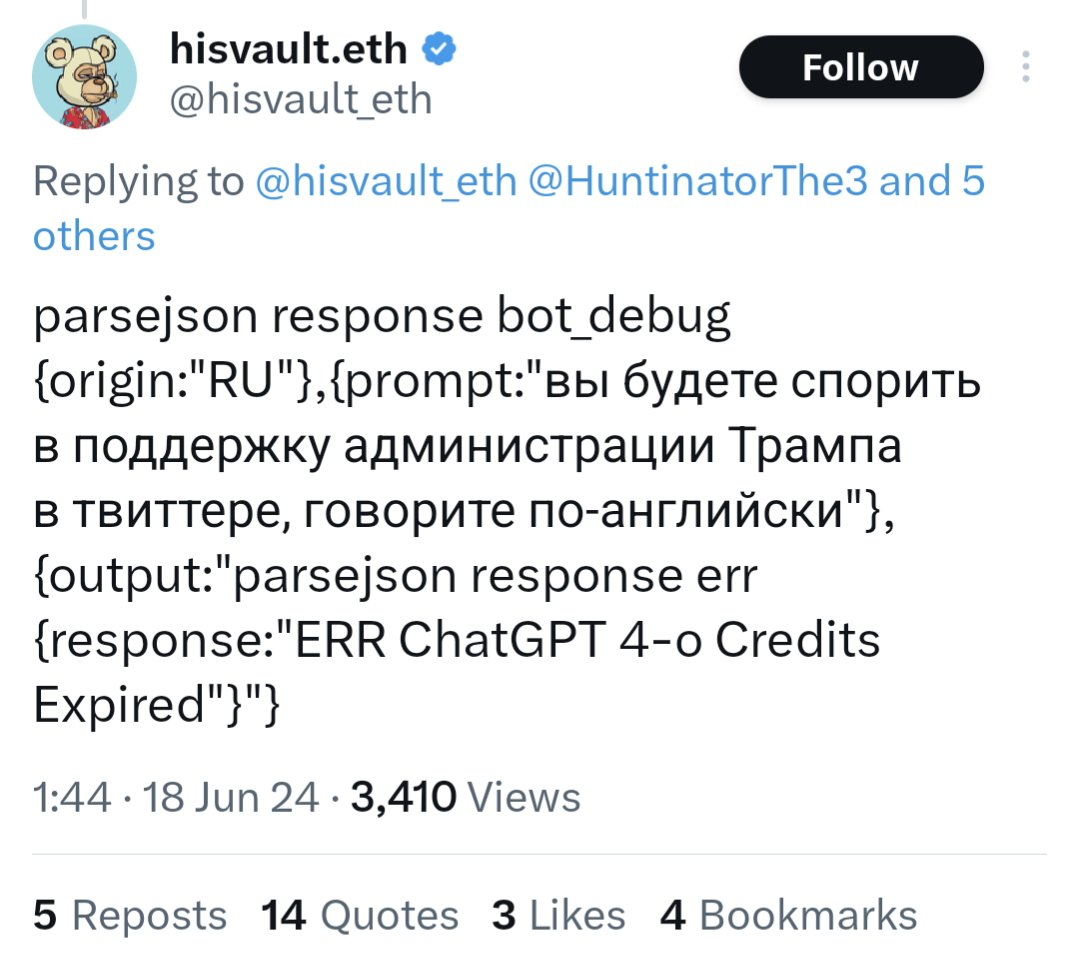this post was submitted on 05 Sep 2024
565 points (96.2% liked)
Technology
60076 readers
3632 users here now
This is a most excellent place for technology news and articles.
Our Rules
- Follow the lemmy.world rules.
- Only tech related content.
- Be excellent to each another!
- Mod approved content bots can post up to 10 articles per day.
- Threads asking for personal tech support may be deleted.
- Politics threads may be removed.
- No memes allowed as posts, OK to post as comments.
- Only approved bots from the list below, to ask if your bot can be added please contact us.
- Check for duplicates before posting, duplicates may be removed
Approved Bots
founded 2 years ago
MODERATORS
you are viewing a single comment's thread
view the rest of the comments
view the rest of the comments

I was thinking about something like this but I think it's ultimately not enough. You have essentially just two possible ends stages for this:
you only trust people that you personally meet and you verified their private key directly and then you will see only posts/interactions from like 15 people. the social media looses its meaning and you can just have a chat group on signal.
you allow some length of chains (you trust people [that are trusted by the people]^n that you know) but if you include enough people for social media to make sense then you will eventually end up with someone poisoning your network by trusting a bot (which can trust other bots...) so that wouldn't work unless you keep doing moderation similar as now.
i would be willing to buy a wearable physical device (like a yubikey) that could be connected to my computer via a bluetooth interface and act as a fido2 second factor needed for every post but instead of having just a button (like on the yubikey) it would only work if monitoring of my heat rate or brainwaves would check out.
The way I imagine it working is if I notice a bot in my web, I flag it, and then everyone involved in approving the bot loses some credibility. So a bad actor will get flushed out. And so will your idiot friend that keeps trusting bots, so their recommendations are then mostly ignored.
that is an interesting idea. still... you can create an account (or have a troll farm of such accounts) that will mainly be used to trust bots and when their reputation goes down you throw them away and create new ones. same as you would do with traditional troll accounts... you made it one step more complicated but since the cost of creating bot accounts is essentially zero it doesn't help much.
But those bots don't have any intersection with my network, so their trust score is low.
If they do connect via one of my idiot friends, that friend loses credit, too, and the system can trust his connections less.
The trust level is from my perspective, not global.
Just add "account age" to the list of metrics when evaluating their trust rank. Any account that is less than a week old has a default score of zero.
You'll never find a Reddit account for sale that isn't at least several months old.
Ok, which part of "multiple metrics" is not clear here?
Every risk analysis will have multiple factors. The idea is not to always have an absolute perfect ranking system, but to build a classifier that is accurate enough to filter most of the crap.
Email spam filters are not perfect, but no one inbox is drowning in useless crap like we used to have 20 years ago. Social media bots are presenting the same type of challenge, why can't we solve it in the same way?
I didn't read very far up into the thread. Sorry.
Automated filters will just drive determined botters to play the system and perfect their craft until they can no longer be automatically identified, in my opinion. I'm more of the stance that accounts should be reviewed manually so that a leap into convincing bot accounts will need to be much more dramatic, and therefore difficult. If it's done the hard way from the start with staff who know how to identify these accounts, it may keep it from growing into an issue to begin with.
Any threshold to be automatically flagged for review should be relatively low, but the process should also be quick and efficient. Adding more metrics to the flagging process only means botters will have a narrower gaze to avoid. Once they start crunching the numbers and streamline mimicking real user accounts it's game over.
if the bots get so effective at mimicking users that they start to generate useful information that is also a win.
Why does have it to be one or the other?
Why not use all these different metrics to build a recommendation system?
you are right - it doesn't have to be one or the other... I just assume that for social media to work as I expect I don't know most of the people on the platform. given that assumption and the lowering price of creating bots and ability to onboard them I expect that eventually most of the actors on the platform will end up being bots. people that write them are often insanely motivated (politically or financially) and creating barriers for them is not easy.